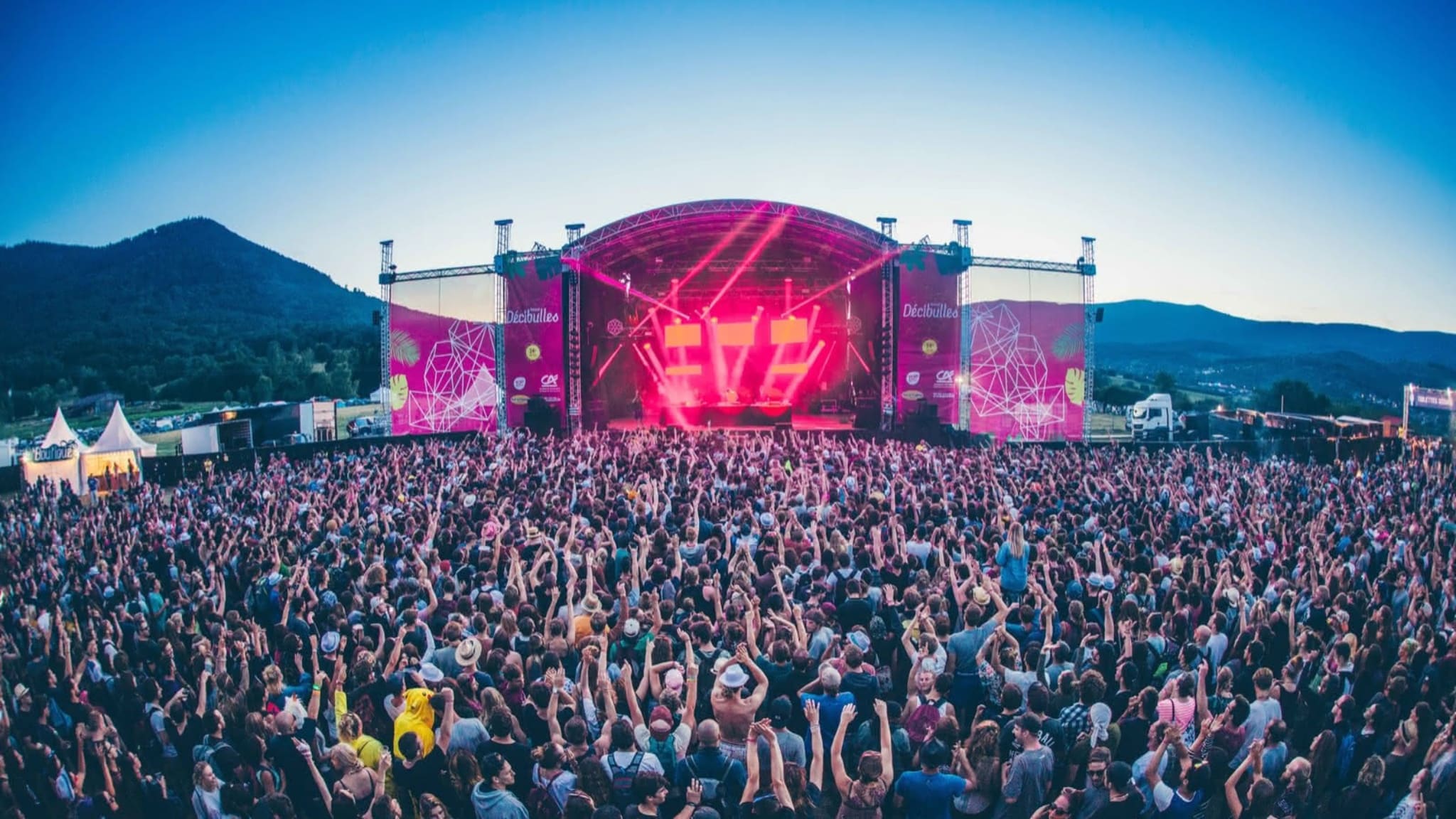Music festivals are an exciting experience for everyone involved. Music festivals are of particular interest and fascination for eventgoers because of the thrilling experience that it produces in them. People want to experience the excitement and unique thrill of music festivals because they have a reputation for creating unforgettable moments that you can’t experience anywhere else. As music event planners, planning a festival is one the largest events you may plan and manage. There are so many things to consider when planning a festival because it is not only larger, but it also requires so many different aspects in order to successfully pull off.
Planning a festival may seem overwhelming because it is such a large-scale event. But event planning is all about breaking things down and planning your series of actions in order to get the job done more efficiently and successfully. When you approach festival planning this way, it won’t feel as daunting or overwhelming. Additionally, when you and your team approach festival planning, it’s better to focus on different categories rather than figuring out what to do in a rather nebulous way which is time-consuming.
Thinking about the different aspects and categories of festival planning that need to be done will make it easier to plan and organizing tasks within categories makes sense. As you get to festival planning, here are a few things to first consider in order to pull off a successful festival.
1. Establish if your event fits a larger festival atmosphere
First things first, you have to figure out if your event is suitable for a large-scale music event like a festival. A music festival has a reputation for being large-scale with thrilling energy and atmosphere. Most of the time, a festival has a lineup with multiple artists that will draw in crowds. These are things you need to consider when you’re thinking about planning a festival.
Will you have an artist or a lineup of artists performing? Will it draw in crowds? Will you be able to fill up a larger venue, most likely outdoors, with your lineup? Can your budget support a festival with a large venue and crowd? These are the questions you have to ask yourself as an event planner and be realistic about it. If your event checks off these questions, then you have a music festival to plan.
2. Pick your venue and decide on a budget
Choosing your venue and establishing a budget should be your next step. Your budget should be large enough to support your festival and flexible enough to cover any extra expenses that you may need to cover such as larger security, sound systems, rest areas, etc.
Additionally, you want to think about your venues carefully. Picking the right venue could make all the difference for your event. Consider the theme of your event, how large of a crowd you are expecting, and how many artists are performing. You have to accommodate all these expectations and choose a suitable venue that will elevate your eventgoer’s experience. The right venue matters so make sure you take your time to find one that will be a right fit for your festival. Also, think about if you want to make your festival a hybrid event and if you do, make sure you can fulfill the requirements of a hybrid music festival.

3. Begin your festival planning by dividing tasks and creating teams
The best way to begin your festival planning is by dividing up the tasks that need to be done and assigning them to different teams. Event planning is all about teamwork and dividing different tasks amongst different groups will help make things more manageable and run efficiently. A few teams that you may have to concentrate on different tasks might be a marketing team, social media team, security team, sounds and tech team, and stage team. There are so many more teams that might be needed so evaluate what your music festival may need and expand on that.
4. Create a marketing plan
A marketing plan outlines how you will get the word out about the festival to the target audience. Create a strong and meticulous marketing plan that focuses on creating and executing content that will attract your target audience and convert them to prospective ticket buyers. Take your time to outline and discuss with your team the content of your marketing plan because it will be the core of the work you will be doing to get attendees interested in attending your festival.
5. Execute your social media campaign
This next point expands on the prior point. You want to go crazy with your social media campaign. An extension of your marketing plan, your social media campaign carefully plans how social media content around your festival will reach your target audience’s news feed. Your social media campaign might be the most important aspect of your marketing campaign because most of the time, your target audience will hear about your festival through a social media platform. So make sure to carefully plan your social media campaign and be selective of where you’re posting specific content. For example, what works for Instagram might not work for Twitter so be intentional about where you are posting your content.
6. Prepare for your ticket launch with an event ticketing page
You want to make sure that you have a strong event ticketing page that has all the information relevant to your festival. This could be things like venue location, dates, and time. It could also include links to parking information, local hotels and other places to rest if people are traveling for the event, and more. But most important of all, your event ticketing page should be well prepared for the day of the ticket launch. Make sure that your event ticketing site runs smoothly and that you are prepared for any issues with the site.
Selecting a good event technology and ticketing platform like Ticket Fairy helps you understand the demand for your event or its lineup through pre-registration. It also makes the event ticketing experience smooth, along with a bunch of features that could come handy to any event promoter.
7. Get ready for the day of the festival
And lastly, make sure that you prepare for the day of the festival, create a to-do checklist, and make sure that you are prepared for any spontaneous events that might occur. Establish communication networks with your teams so the festival will run smoothly and any errors can be quickly fixed. You want to be prepared as much as possible so it will reduce accidents and frustrations on the day of the festival.
>>>
If you break down the things you have to do in order to pull off a successful festival, things will be more manageable and run smoothly. Keep these things in mind when you’re planning your next festival and you’ll be off to a better start.



